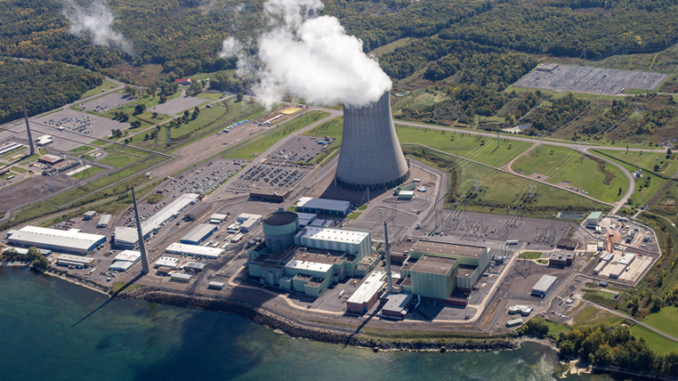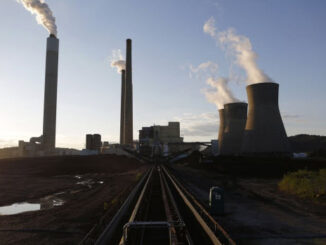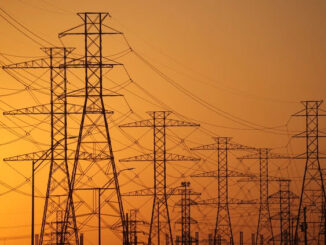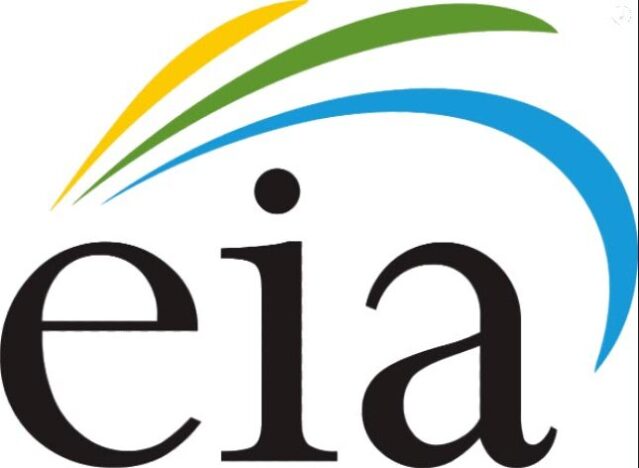
CRITICAL MASS — Nuclear power is at a tipping point. A wave of reconsiderations by governments and utilities have nuclear advocates hoping it will emerge from the purgatory that it’s been in.
“Nuclear should be getting credit for ESG, and I’d like to tell you that it’s that simple, but it’s not,” said Maria Korsnick, CEO of the Nuclear Energy Institute.
Climate change is making every carbon-free energy source look a lot better. The fact there hasn’t been a major nuclear accident since the 2011 meltdown of Japan’s Fukushima Daiichi plant is also casting a rosy glow, especially in light of Europe’s overreliance on Russian energy and California’s fears of rolling blackouts. And mining for renewable energy supplies is just as dirty as nuclear waste, some environmentalists argue. It’s all relative.
“Nuclear fuel waste, is, in some respects, more dangerous to the environment than coal ash, or carbon or methane emissions from coal or gas generation,” said Travis Miller, an energy and utilities strategist for investment research firm Morningstar. “I think what people are realizing now is that nuclear is important for energy security and emission reduction in a way that can offset some of those environmental liabilities.”
So how do investors and advisers see it? It’s a mixed bag, as Nico Portuondo reports for POLITICO’s E&E News.
Many of the biggest ESG raters, such as Morningstar’s Sustainalytics subsidiary and MSCI Inc., give nuclear credit for its low carbon footprint but ding it for its high water use, radioactive waste and risk of radiation leaks. It often ends up performing worse than solar and wind assets on a company’s scorecard — and sometimes even worse than fossil fuels if a plant has a poor safety record.
“Nuclear incidents, even minor ones, are judged harshly by regulators and the public,” said Luke Raftis, Sustainalytics’ associate director of ESG research.
The ball is mostly in the court of the wealthiest asset owners, like huge international pension and wealth funds, who are weighing nuclear’s pros and cons and deciding whether it’s a “transitional” fuel, as the European Union is calling it, or something that will persist alongside renewables.
“It’s in the asset owners, primarily sovereign wealth funds, like the government-run pension type organizations,” said Todd Cort, an ESG expert at the Yale Center for Business and the Environment. “They’re the ones that are starting to think maybe we have to allow for nuclear.”
Big picture: Nuclear has bipartisan support (see Virginia Gov. Glenn Youngkin’s energy plan, released Monday, that calls for a small modular reactor in the state within 10 years), plus a fervent chorus of nuclear bros singing its praises. But cost is still the main issue.
Georgia’s troubled Plant Vogtle, currently at around $30 billion, is the only big nuclear power plant under construction in the country. Nuclear generation fell by 6 percent in advanced economies from 2019 to 2020 — and the Energy Information Administration predicts another 7 percent decline in the U.S. through 2050.
“Despite positive responses to some recent nuclear green bond issuances, more broadly, investors are likely to remain wary of a sector that is known for significant project delays and cost overruns,” William Attwell, associate director of ESG research firm Sustainable Fitch, told Nico.



